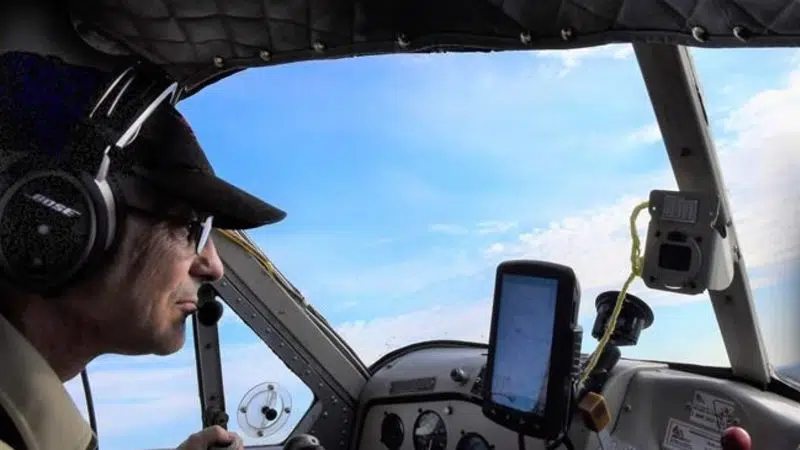
Finding plane in Labrador lake like looking for ‘needle in the haystack’: RCMP
ST. JOHN’S, N.L. — The RCMP say the daunting size of the remote Labrador lake where a float plane crashed July 15 has complicated an ongoing underwater search for four missing men and the aircraft that was carrying them.
GPS co-ordinates of the downed de Havilland DHC-2 Beaver plane, owned by Quebec airline Air Saguenay, were recorded when Maritime Forces Atlantic left the scene July 16, Cpl. Jolene Garland said.
But since then, the RCMP believes, high winds and heavy rain have caused the plane to drift.
Divers have been searching Mistastin Lake, about 100 kilometres southwest of Nain, since last weekend, but so far only small pieces of debris from the plane have been found.


